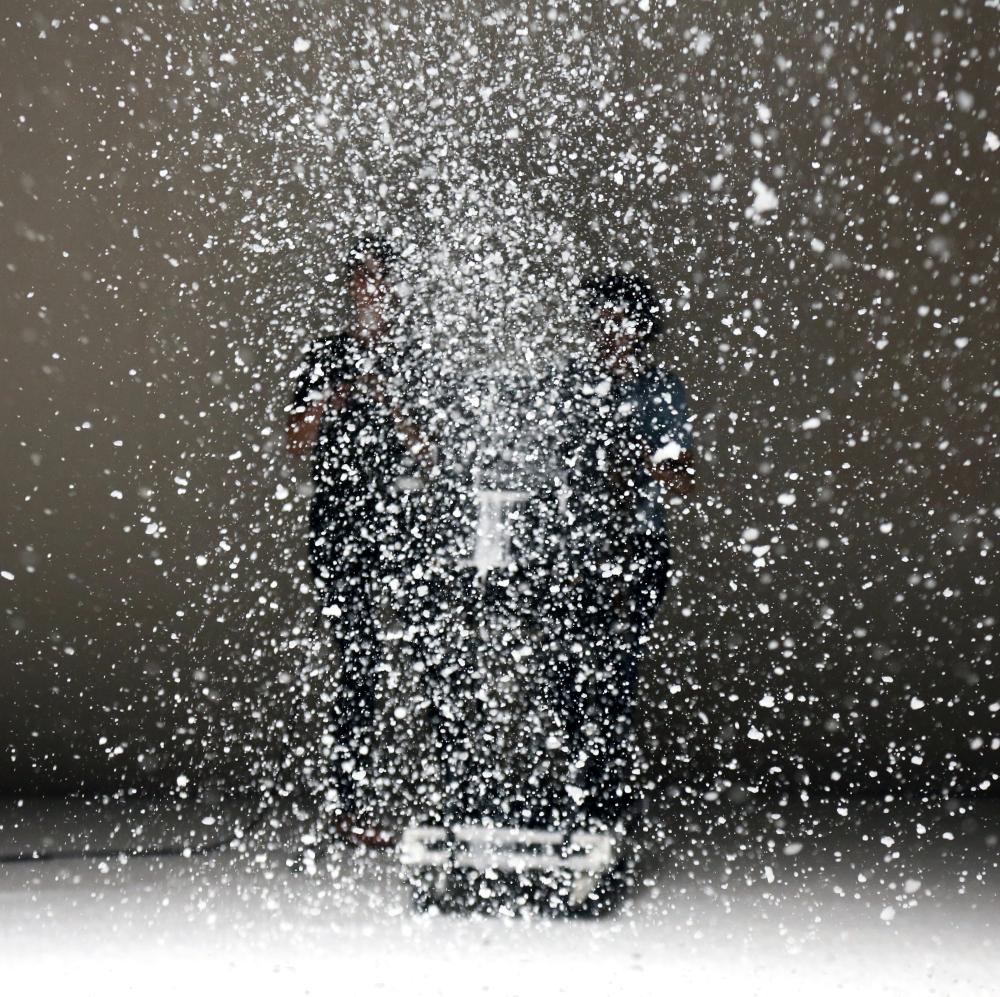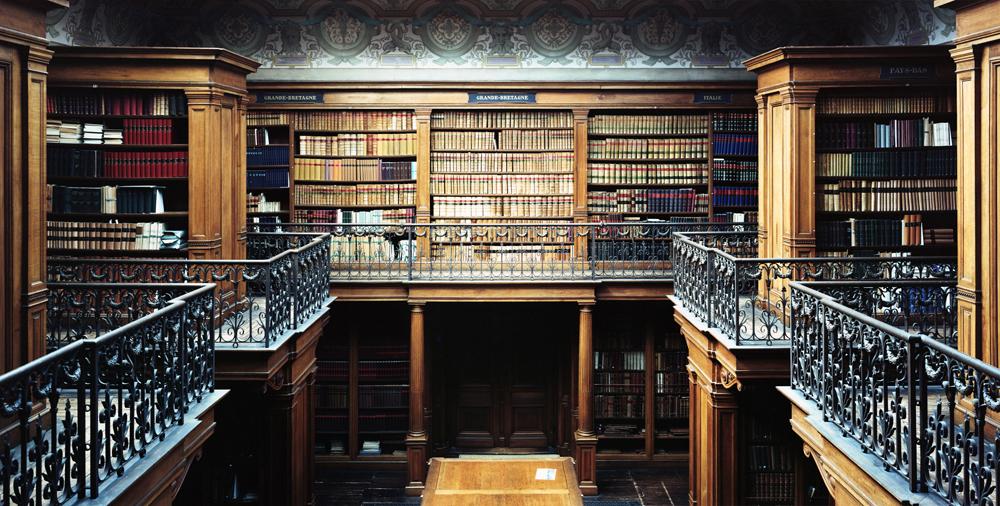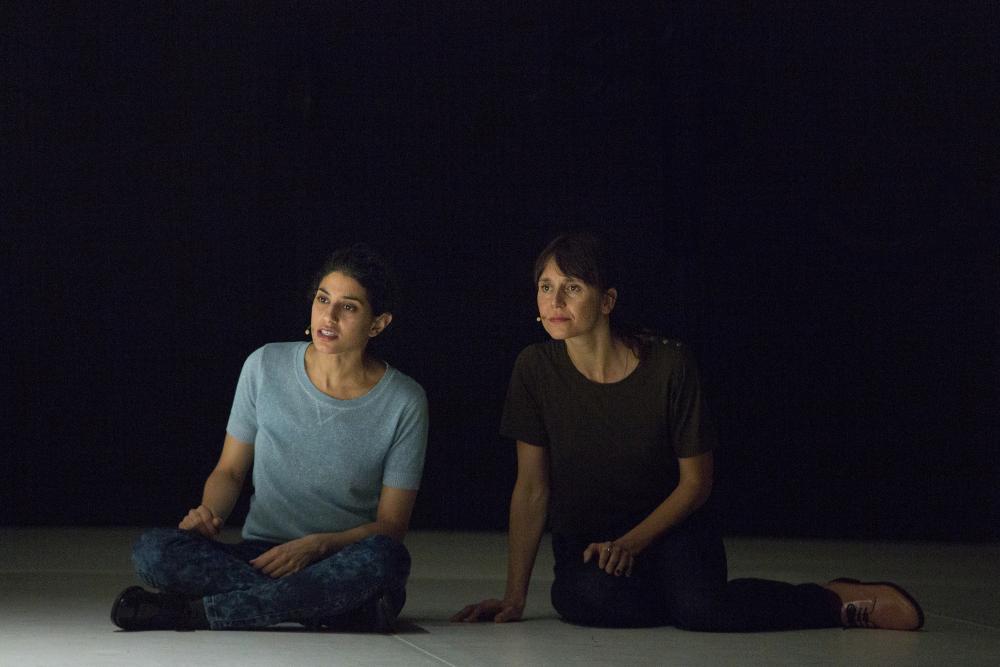Into The Big World
Encyclopaedic overview
In Into the Big World we experience a world where everything is observed, named, categorised and therefore domesticated. We become acquainted with different species, subspecies, families, genera and taxonomies. We get to know all the plants on the Island of Jamaica, the 24 species of short-tailed crabs in the Red Sea and the hermaphrodite aquatic plant known as water-lily. Gradually however knowledge becomes more complex as the world does not longer present itself as a stable unity but instead as a system where everything is connected to everything.
Into the Big World places the eighteenth century encyclopedic project as the seed of Modernity. A worldview where the world was seen as a whole that needed to be known through all its aspects and conquered; a time away from the obscure dogmas of religion and autocracy towards the lights of knowledge, positive sciences and democracy. Where has this worldview brought us? And can we observe the world from a distance, when we are its main agents of transformation?
The eighteenth century was a time of Progress and Enlightenment, of great discoveries and revolutionary inventions. The dark dogmas of religion and autocracy gave way to the belief that every aspect of the world could be conquered and understood. Into the Big World is about this mythical time.
David Weber Krebs asks whether we can also imagine today’s world in this way. Can we, now that so much information is available, still capture it all in one encyclopaedic overview? As the world image these two performers present on stage becomes more and more complex, the idea that the world can be imagined, on stage or anywhere else, starts to flag. But then the stage turns into a forum for the twenty-first century.
• The Belgian-German artist David Weber Krebs explores and experiments with different art forms and in varying contexts, and with the audience’s expectations and perceptions. Indeed, two years ago, in collaboration with RITS students, he brought a donkey onto the stage in the production of Balthazar at the Kaaitheater.
concept, direction, text David Weber-Krebs | performance Katja Dreyer, Noha Ramadan | light design Jan Fedinger | prologue & room tones Peter Lenaerts | dramaturgy Jonas Rutgeerts | dramaturgy and research Marie Urban | stage Lotte Betting | advice Lars Kwakkenbos | production Daria Bubalo | design publication Stéphanie Desmadryl | management Ingrid Vranken | distribution Bold | With special thanks to Amsterdams Funds for the Arts, Anne Breure, Niki Hadikoesoemo, Maximilian Haas, Sandra van der Hel, Olivier De Laveleye, Jan-Philipp Possmann, Jean-Baptiste Van Zeebroeck, Fridolin Weber-Krebs, Emily Wiliams | production Infinite Endings | co-production Kaaitheater, STUK (Leuven) wp Zimmer (Antwerpen) | support Vlaamse Overheid, Kunstenwerkplaats Pianofabriek (Brussel), BUDA (Kortrijk)


